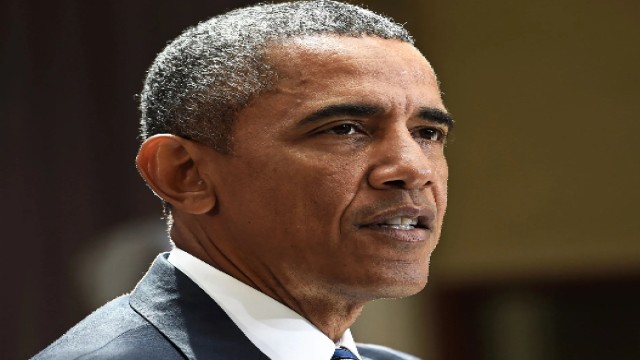Ghent University (UGent) has decided to sever ties with all Israeli universities and research institutes due to their alleged involvement with Israel's human rights policies. The decision was announced on Friday, following persistent protests by students against Israel's actions in Palestine.
The protests at Ghent University began in May, driven by anger over Israel's attacks on Palestine. Student demonstrators demanded that the university take a stand against Israel by severing institutional ties.
An investigative committee at UGent discovered connections between Israeli educational institutions and the Israeli government, military, or security services. The university's statement expressed concern over the humanitarian situation in Gaza, referencing a ruling by the International Criminal Court (ICC).
UGent has cut ties with three Israeli companies and has partnerships with 18 Israeli academic institutions, which are now severed. However, the university will maintain research projects with six non-academic Israeli institutions, as they found no evidence of human rights violations linked to these entities.
This move by UGent follows similar actions by other Belgian universities. Last week, two other Belgian institutions adjusted their cooperation policies with Israeli entities. The University of Antwerp announced it would continue ongoing projects with Israeli institutions but suspend new ones.
Harvard University has decided not to award degree certificates to 13 students who participated in pro-Palestinian protests, citing violations of university policy. This decision has sparked immediate backlash from the student body and faculty.
During the graduation ceremony, many graduate students expressed their disapproval. Shruti Kumar, a student speaker, criticized the decision, highlighting issues of freedom of speech and legal rights. Some graduates boycotted the ceremony and protested in the streets.
The decision by Harvard has drawn attention to the broader debate over campus activism and administrative responses, raising questions about the balance between institutional policy and student rights.
These developments at Ghent University and Harvard University reflect a growing global scrutiny and debate over institutional ties with Israeli entities and the response to pro-Palestinian activism.




























Comment: